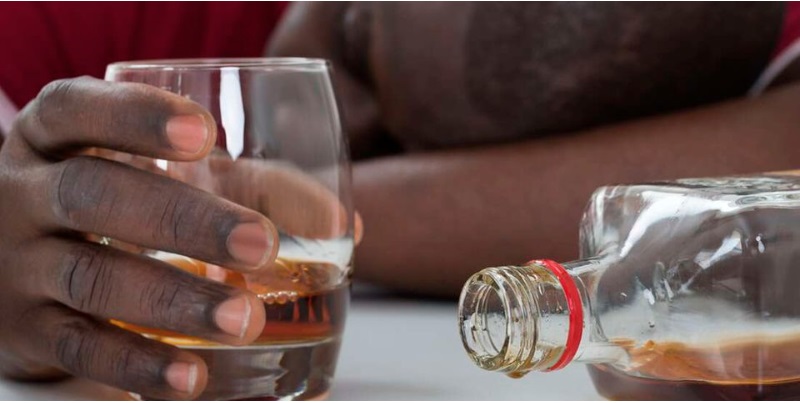A fierce national debate has erupted in Kenya following the unveiling of sweeping new proposals aimed at regulating the sale and consumption of alcohol, including a recommendation to raise the legal drinking age from 18 to 21.
Local media sources say that the proposed measures, introduced on Wednesday by the National Authority for the Campaign Against Alcohol and Drug Abuse (NACADA), represent one of the most stringent anti-alcohol initiatives in recent years.
Among the suggestions are bans on the sale of alcohol in supermarkets, restaurants, and public transportation.
Additionally, the online purchase and home delivery of alcoholic beverages, as well as celebrity endorsements, would be prohibited under the draft policy.
NACADA argues that the reforms are necessary to tackle the growing problem of alcohol and substance abuse, particularly among young people.
However, the proposals have been met with a wave of criticism from various quarters.
These include industry stakeholders, business owners, and members of the public, who view the measures as heavy-handed and economically damaging.
In response to the backlash, NACADA issued a statement clarifying that the proposals are part of a broader policy draft and not yet enforceable regulations.
“This is a road map, not an enforcement issue,” the authority said, adding that further consultations would follow.
“Any proposal requiring legal enforcement will be subject to a detailed legislative review,” the statement continued.
Despite this clarification, industry players remain concerned.
Alcohol manufacturers and traders warn that the proposed restrictions, if implemented, could severely disrupt the sector.
According to them, it could lead to job losses and pushing consumers toward unregulated and potentially dangerous illicit brews.
The Alcoholic Beverage Association of Kenya (ABAK) condemned the draft policy as “exclusionary” and “unrealistic,” stating that producers were not consulted during the drafting process.
“It is unfortunate that manufacturers — who could have offered meaningful contributions — were left out,” ABAK said.
The association supports efforts to curb alcohol abuse.
On the other hand, it emphasized the need for inclusive dialogue to craft practical and sustainable solutions.
The hospitality sector is also sounding the alarm.
Prominent lawyer Donald Kipkorir voiced his concerns on social media.
He said that banning alcohol sales in supermarkets, restaurants, public beaches, and recreational areas could devastate Kenya’s tourism and hospitality industries.
“Tourism thrives on quality food, alcohol (wine, beer, and spirits), and lifestyle experiences,” he wrote, warning that the proposals could stifle an already fragile economy.
Kenya has long struggled with alcohol abuse, and efforts to curb it are not new.
Past attempts, including legislative interventions, have had limited success.
The consumption of toxic, unregulated alcohol has led to multiple deaths over the years, highlighting the urgency of addressing the issue effectively.
In 2023, then-Deputy President Rigathi Gachagua suggested an extreme approach to alcohol control in Kenya’s central region, which has been disproportionately affected by abuse.
He proposed limiting each town to just one licensed pub.
However, that plan quickly collapsed amid resistance from bar and restaurant owners.
They argued that the government was targeting legitimate businesses instead of focusing on the root causes of the problem.
Critics of the new proposals echo similar sentiments.
They argue that penalizing legal businesses will not eliminate alcohol abuse but could instead cripple formal enterprises and push more people into the dangerous, unregulated market.
Many are calling for a more balanced approach that combines regulation with education, community outreach, and support for addiction treatment programs.
As the debate rages on, NACADA is expected to hold further stakeholder engagements before finalizing its implementation strategy.
The authority has acknowledged that for any of the proposed changes to take effect, they must first pass through a rigorous legal and consultative process.
In the meantime, Kenyans across the board, from consumers and business owners to health advocates and policy experts, continue to weigh in.
They are reportedly reflecting the deep divisions over how best to address alcohol abuse without undermining personal freedoms, livelihoods, or economic stability.







